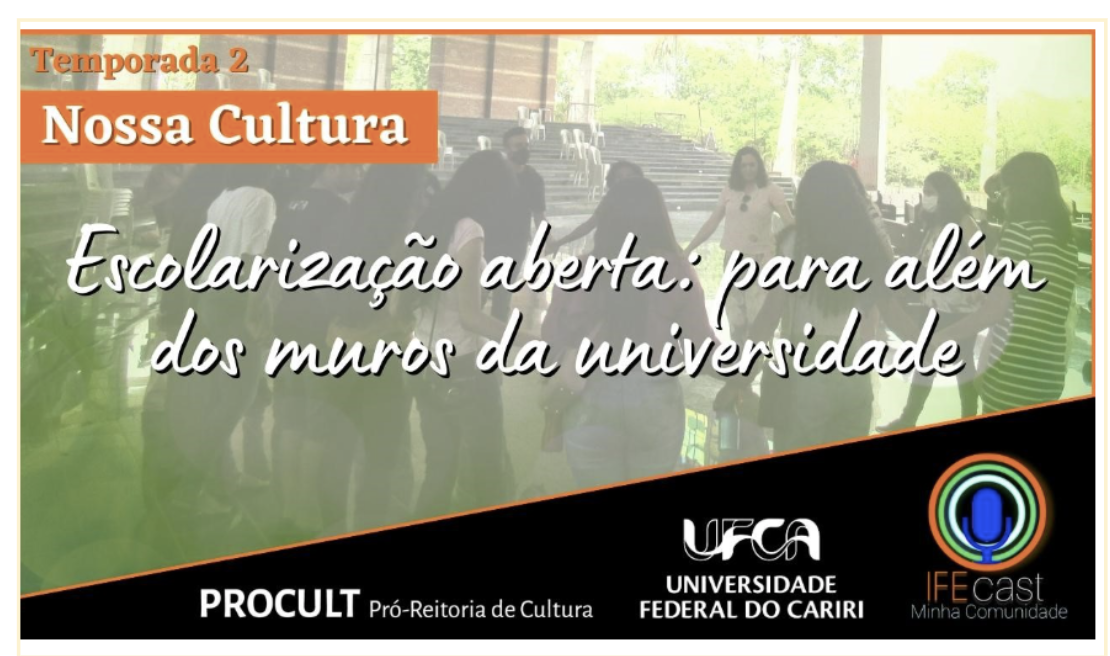News . Best Practices Audio Visual artefacts for communities (SDG 11)
Audio Visual artefacts for Sustainable Communities (SDG11)
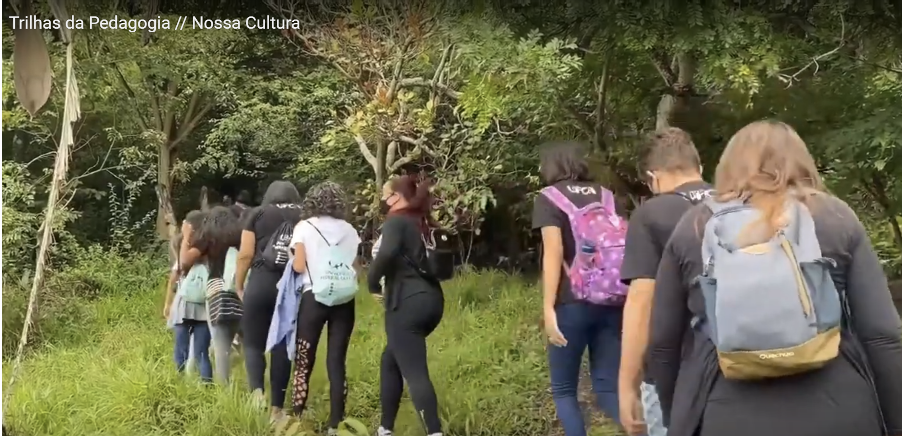
Fonte:Imagem recorte do vídeo Trilhas da Pedagogia – Disponível: IFECast https://youtu.be/RUkKhuhl–0?si=bfo0PIcXU_QVDIzq
Context:
This practice was part of the training of undergraduates in the Pedagogy Course at the Federal University of Cariri (UFCA), which was recently recognized with the highest score by the Ministry of Education (MEC). The course stands out for its interdisciplinary work, through which educators promote teaching, research, outreach, and culture.
This partnership with the Porteiras School began in 2022, due to research developed in the open schooling axis with digital technologies, in the Pedagogy course and a national partnership linked to CNPQ in which UFCA is connected to studies at UFRJ, UFF, PUC-SP, PUC-PR, UNEB, UFSC, and internationally with the Open University, with studies by Alexandra Okada.
One of the first challenges for Pedagogy undergraduates and basic education students was to open their windows. This process encouraged students to reflect on their local context, to investigate the socio-scientific topics that most interested them. Several disciplines were integrated, from the fields of art, technology, and curriculum, as seen in one of the videos from the exhibition of photo-narratives created by Francione Charapa, at IFE/UFCA.
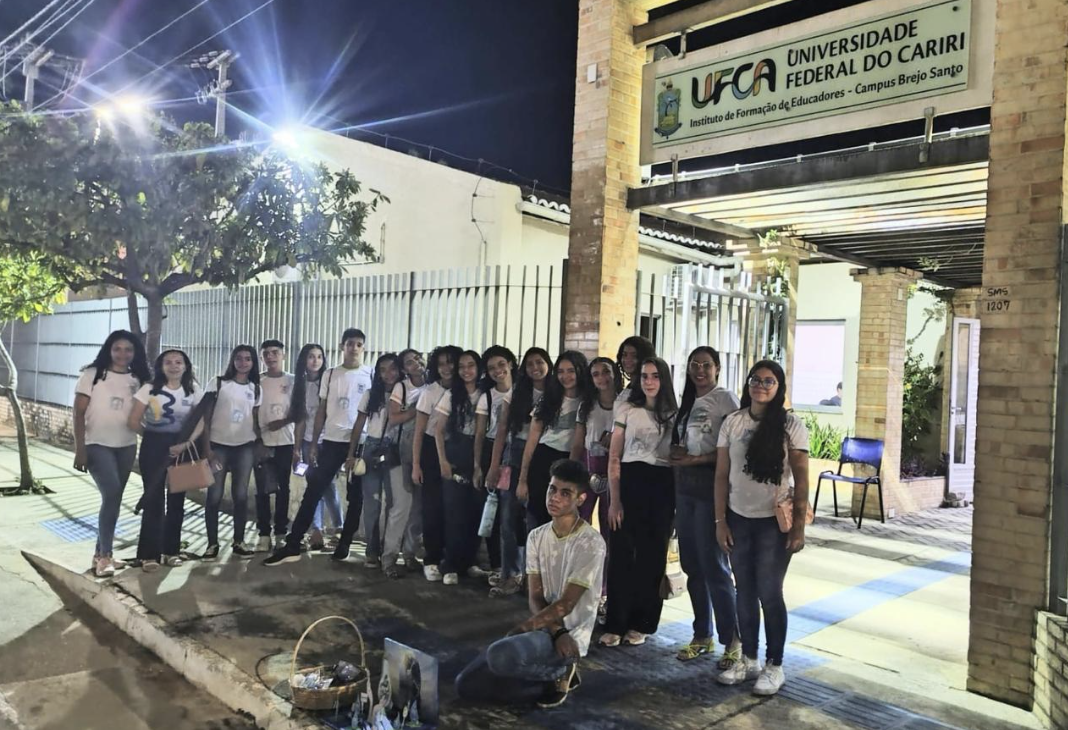
After this journey of opening the windows for pedagogy students, we implemented an action-research project coordinated by Prof. Dr. Karine Pinheiro at Cirene Maria Esmeraldo School, involving research scholars such as Daniel Alberto, Emerson Gomes, Valeria Vieira, Vivila de Carvalho, Elizete da Silva, Luana Argentina, Marielly, and 85 pedagogy students. At Cirene Maria Esmeraldo School (Kessyo Santos, Thais Coelho, Maria do Socorro Silva and the basic education students at Cirene Maria Esmeraldo School in Porteiras), and in the cultural community at the Quilombo do Souza, with Master Maria de Tiê, Cyda Olímpio, Valéria Pinheiro CIAVATA, and Instituto Anjos Digitais. The project continues with the coordination of university extension activities, with the Freirean Movement led by Prof. Darliane Amaral and the appreciation of multiple cultural expressions, which was also supported by the Voices of Cariri Project, led by Prof. Dr. Ligia Rodrigues.
This open schooling community highlights two examples that integrate the use of digital technologies to support the training of educators focused on creative processes through various digital genres, fostering open schooling:
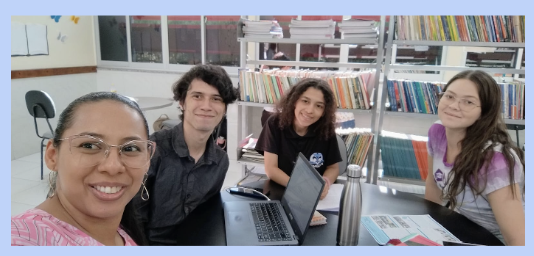
The first example was featured in the Teaching Initiation Program, particularly during the First Meeting of the Institutional Program of Teaching Initiation Scholarships (EnPibid/UFCA) and the First Meeting of the Pedagogical Residency Program (ERP/UFCA) at the Federal University of Cariri (UFCA). Approximately 20 papers were published by undergraduate students, who developed communication skills, teamwork, expanded vocabulary, and a decolonial perspective on the curriculum. As part of the intersectoral integration between the university and schools, 24 workshops and a thematic panel were developed in collaboration with the State University of Bahia (UNEB), alongside Professor Silvar Ribeiro. This connection reinforced the bond between the university, schools, and the community.
The second example refers to activities in a basic education school in the municipality of Porteiras, aimed at analyzing the educational projects developed by basic education students. These projects were aligned with the pillars of open schooling and the development of the C5 Generation (creative, critical, collaborative, communicative, and civic-minded). In both examples, literacy and scientific education were promoted from basic education onward, embedded within a cybercultural context, involving undergraduates, teachers, and students engaged in open schooling.
CARE:
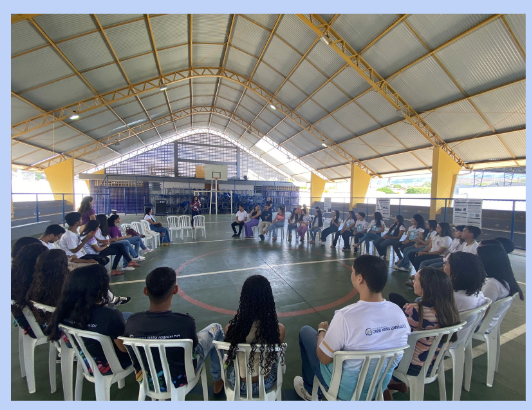
The undergraduate students in the Pedagogy Program at the Institute of Educator Training were involved in research, outreach, and cultural projects tied to real-life themes from their community. These activities occurred both at the university, with courses like Digital Technologies and Pedagogical Innovations, and in basic education schools. Guided by Professor Karine Pinheiro, these initiatives expanded research in basic education and established partnerships between schools, the community, and the third sector, focusing on the creation of school projects using the open schooling approach.
KNOW:
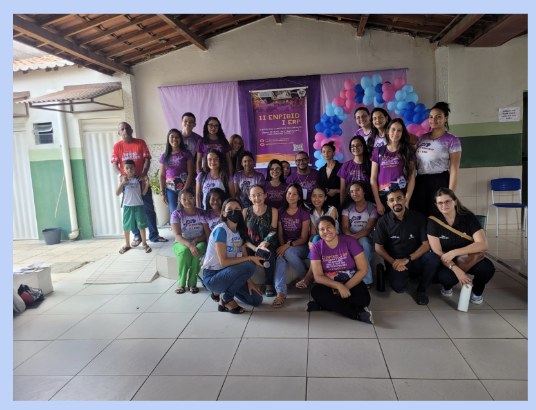
The project engaged digital natives (Prensky, 2010), who developed creative processes through new digital genres, experiencing the power of technology to express ideas in multiple forms. We observed a growing use of video, with students sharing stories, reels, and TikTok videos. Consequently, the cultural practice of using images was intensified with audiovisual production, marked by the multimodal nature of language in the cybercultural context (Santos, 2014). Through various disciplines, students experienced this new approach, incorporating fieldwork where they encountered popular, scientific, and cultural knowledge, all of which had unimaginable impacts on open schooling (Okada, 2016).
In addition, several workshops were designed to map concrete issues and geographic areas using Google Earth to identify locations, aiming for authentic co-learning.
DO:
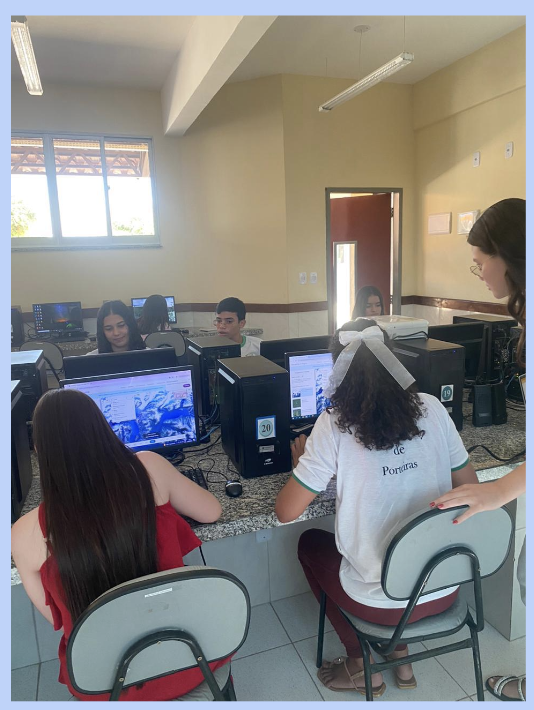
The educational projects developed by students during 2023-2024 involved multiple societal actors, reinforcing democratic practices, valuing diversity, promoting solidarity, and addressing environmental issues. These initiatives fostered autonomy, helping students become active citizens within their community. This process was grounded in the principles of open schooling for the development of scientific education, open access, public engagement, and governance.
Through these activities, students became cultural producers on themes such as solid waste, cultural heritage, water conservation, and animal protection. Another highlighted competence was the expansion of socio-scientific vision. Both basic education and university students presented their projects at scientific events. As a result of this study, we introduce a Podcast Channel with around 1,800 views, showcasing the active involvement of cultural practitioners, who became reflective producers and developed a situated practice through continuous debate. The impact of this activity at the UFCA Brejo Santo campus became “glocal” (Silva, 2005).
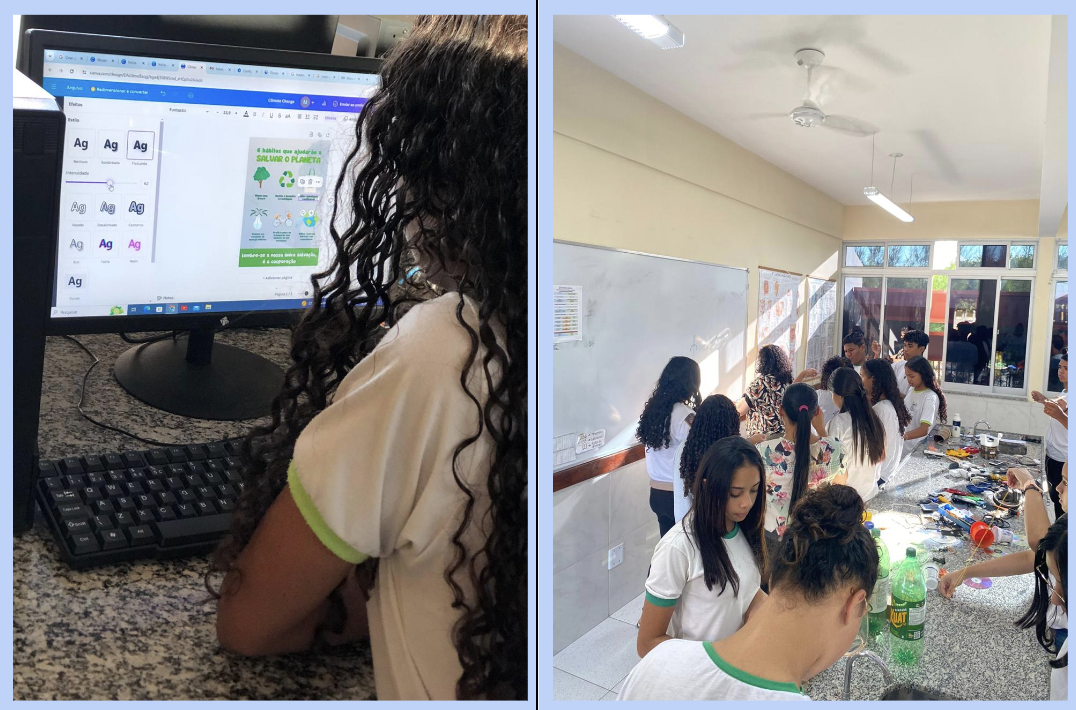
Image – Recycling Workshop and Selective Waste Collection Campaign
Source: Produced by the authors
Results from Teachers (Six basic education teachers from Cirene Maria Esmeraldo Municipal School):
Pedagogical innovation using real, relevant contexts for students related to:
- SDG 15 – Animal protection, solid waste management
- SDG 4 – Cultural heritage
- SDG 16 – Water conservation
Publication of 14 scientific papers: ENPIBID/2023, IV Biology Meeting (IFE/UFCA).
Results from Undergraduate Students – Pedagogy (85 students) and Basic Education Students (Municipality of Porteiras):
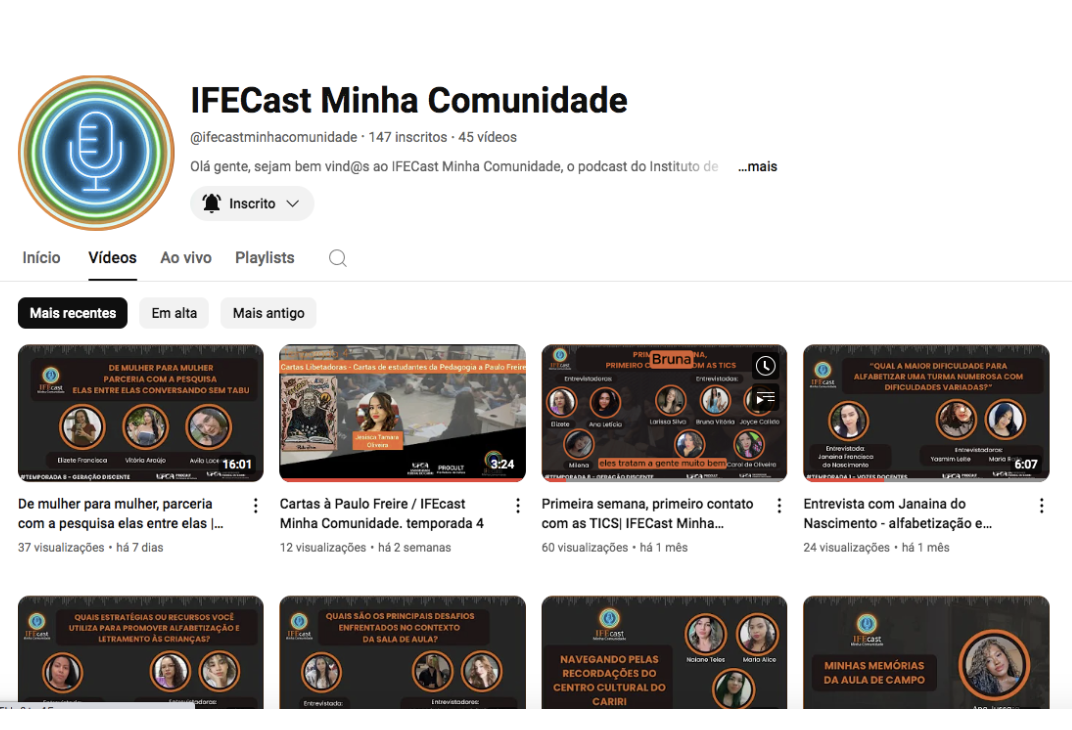
Creation of an educational device – IFECast: My Community, a project involving interdisciplinary undergraduates and pedagogy students. The project involved various pedagogical moments for engagement within the IFE/UFCA community, through open schooling, exploring identity, meaning, and practice. This was facilitated by problematizing their reality.
We share the channel for this C5 Generation of Co-Entrepreneurs – IFECast: My Community, featuring audiovisual narratives about field visits to quilombola communities, environmental trail discoveries, storytelling creation, photo-narrative exhibitions, and interviews that inspired teaching discoveries through diverse digital genres. About 45 videos are available at: YouTube Channel: IFECast: My Community and on Instagram at: @ifecast_ufca.
